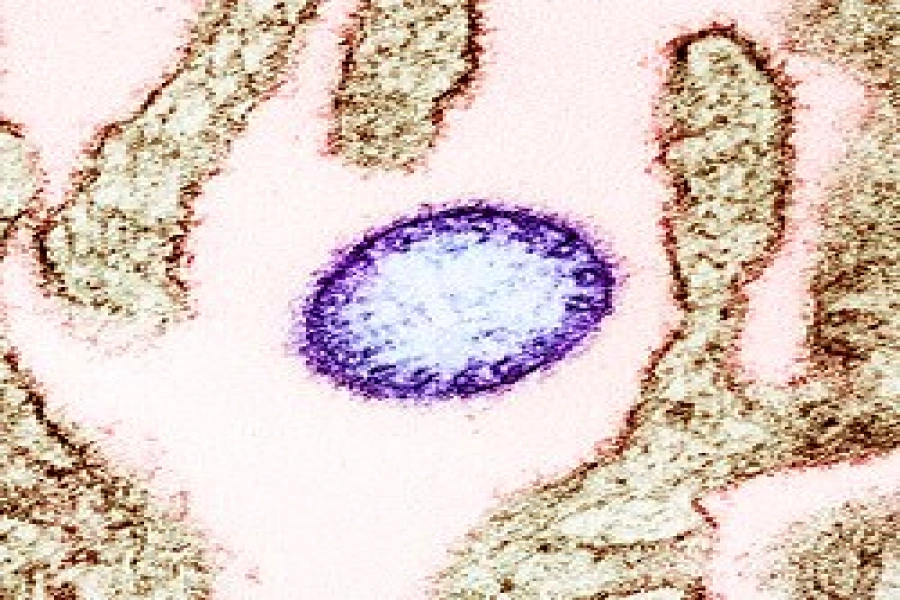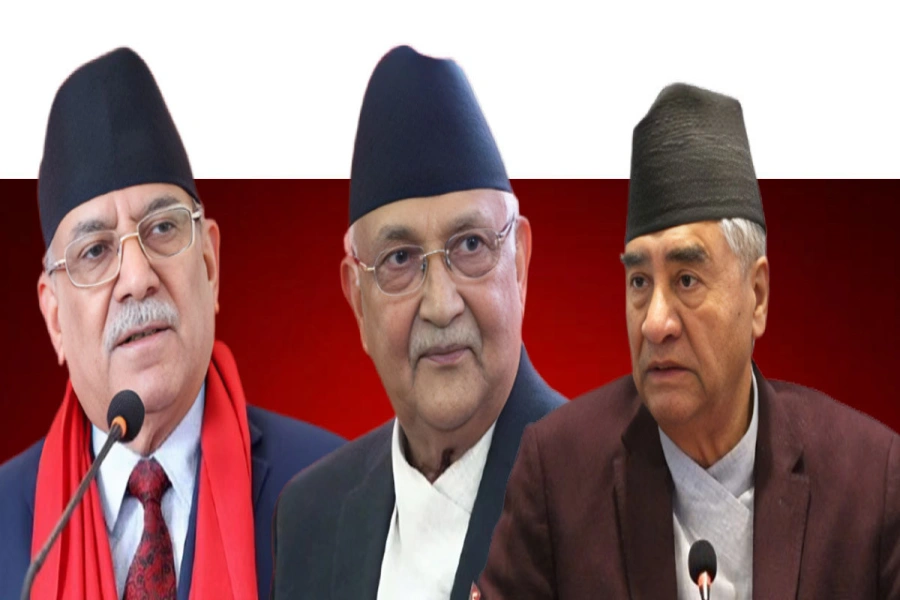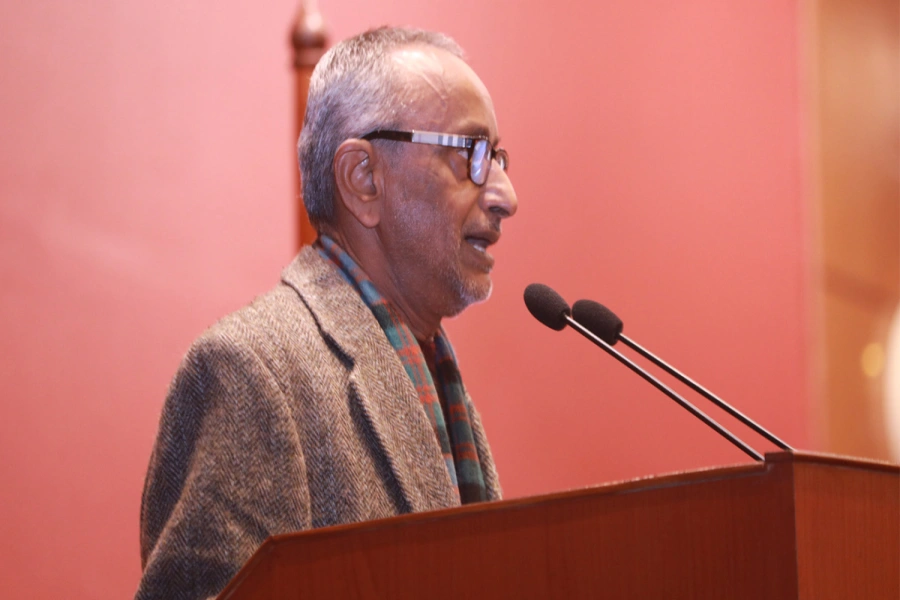Nepal’s cannabis, grown in purely Himalayan natural environment, is considered to be of high quality for which it is also famous.
Cannabis has a long and fascinating history. It has been used as far away as in ancient India and Nepal. Cannabis was at that period a major component in religious practices as well as in medicinal practices using bhang (a form of cannabis). It was thought then to “cure dysentery and sunstrokes, clear phlegm, quicken digestion, sharpen the appetite and give alertness to the body and gaiety to the mind.”
During the Holi festival, it was a customary to add cannabis to some drinks. Cannabis is indigenous to central Asia and the Indian subcontinent, where—thanks to genetic testing of the different types of cannabis plants—it has been found that the first crop started there. It was used also in ancient Greece, ancient China and ancient Egypt.
It is mentioned in the Bible as well. In the American medical “Bible”, the Merck Manual in 1899, medical cannabis (MC) was the most prescribed medication for a list of at least 60 different medical conditions. Thirty years later, it was declared an illegal substance, for economic and social reasons. It is still considered a schedule IV drug by the WHO (worse ranking) which made things complicated for research.
Indians use Nepal as transit route to smuggle cannabis to Thail...

Lately, because of the opioid crisis in the United States where patients, when given different types of morphine for pain, became addicted and later died of overdoses. Then the interest in medical cannabis became even bigger as a replacement of narcotics.
The WHO is now thinking of rescheduling MC and even retrieving one of its common components, CBD, which has medical effects but no psychoactive effects, from the list of drugs. Some countries have legalized cannabis completely, including for recreational use (in Canada for instance), and some have only medicalized it for medical purposes, like in Israel, which is leading in research, agriculture, and the number of patients who have a license for MC (80000).
Some countries like Switzerland have legalized CBD only and it is sold in pharmacies or added in Swiss chocolate. In 1963, an Israeli scientist and professor Raphael Meshulam was the first to discover the most important molecules of the plant, tetrahydrocannabinol (THC), which is psychoactive one. The other important molecule is cannabidiol (CBD) which has no psychoactive properties. These are the two most studied molecules of 500 molecules that cannabis plant has. This shows the complexity, but also the huge potential of the plant.
It has also been discovered that our body has its own endo-cannabinoid system, with receptors to our own cannabinoids and to external ones, disseminated everywhere in our body. This explains why cannabis has so many effects on so many different functions of the body.
Medical cannabis (MC) has been proved to be beneficial to be given in various types of medical conditions: Oncology and palliative care for the relief of side effects of heavy treatments, in chemotherapy for instance in chronic pain, Parkinson’s disease and also for spasms of multiple sclerosis. It is helpful in case of inflammatory bowel disorder in gastro-enterology and post-traumatic-stress-disorder. It is also used exceptionally in children for epilepsy which is not cured by medication, and in autism with amazing results. The dangers of MC are low compared to narcotics.
The risk of addiction is 10 percent only. The major risk is in provoking psychiatric complications, namely psychosis, in predisposed patients. I try not to prescribe it for younger patients below 25 as it can provoke a lack of motivation, unless there is no other choice.
Research in medicine, among other things, is trying to find the exact composition for the specific disease. The word “boom” is used for the current interest in MC. Experts in fields such as agriculture, medicine, pharmacy, veterinary medicine, cosmetics etc are deeply interested in cannabis.
It therefore offers a tremendous opportunity for business and collaboration. A bill to legalize medical cannabis is under discussion in Nepal. Nepal’s cannabis, grown in purely Himalayan natural environment, is considered to be of high quality for which it is also famous.




































